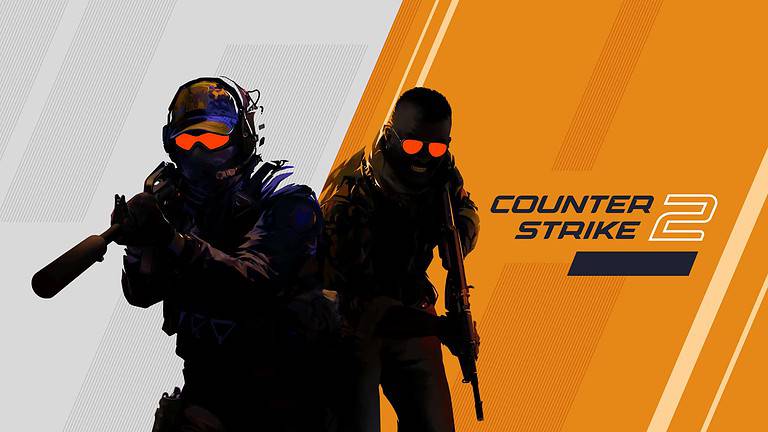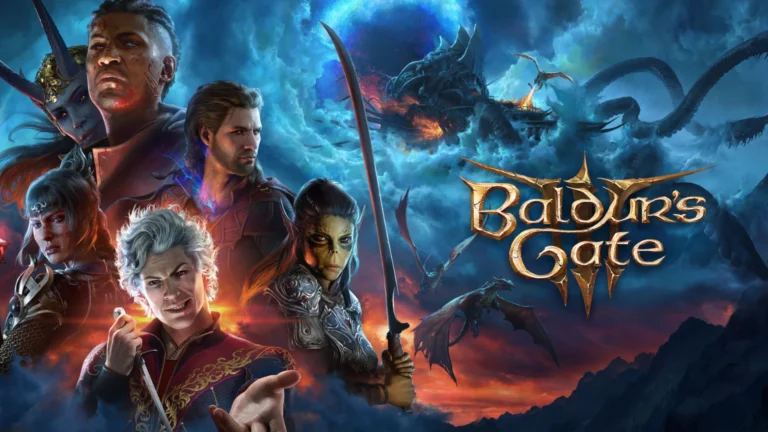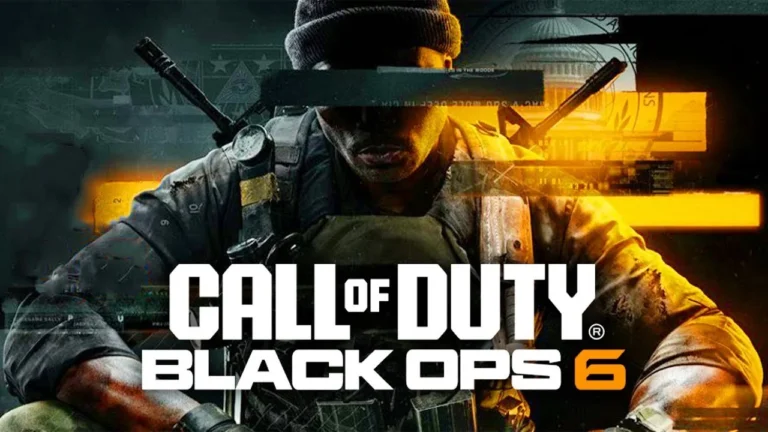
The upcoming dinosaur horror game, Code Violet, is coming to PS5 in June 2025 but the real news is why it isn’t coming to PC. The developer, TeamKill Media, has decided to release it only on consoles because they are worried that uncontrolled modding could harm their artistic vision and damage the reputation of their cast. They’re basically avoiding releasing a PC version to Avoid “Vulgar” Mods from being made for the game.
As the gaming industry changes, with new platforms and technologies, TeamKill Media’s choice about Code Violet shows the challenges of balancing creativity and community input. The reaction to their announcement will reveal how both console and PC gamers feel about this decision. Will other developers make the same choice?

Time will tell, but for now, Code Violet stands out in a time of change for gaming.
Code Violet: A Dinosaur Horror Exclusive
The gaming community is excited about dinosaur-themed horror, and *Code Violet* initially generated buzz for multiple platforms. However, a recent announcement confirmed it will be a PlayStation 5 exclusive, raising concerns about artistic control and the effects of user-generated content. This change prompts questions about the future of modding in gaming, especially in the horror genre.
What is Code Violet?
Code Violet is an upcoming third-person action horror game. TeamKill Media makes it. The game takes clear inspiration from the Dino Crisis series. You play as Violet Sinclair. She must survive inside the Aion Bioengineering Complex. This place is now full of dangerous, genetically made dinosaurs.
Gameplay and Setting
Code Violet focuses on tense survival horror. You will fight, hide, and run from many dinosaur threats. This includes quick velociraptors and a huge T-Rex. The Aion Bioengineering Complex is the main setting. It’s where the dinosaur outbreak happened. This complex offers a scary and closed-in environment.
Why No PC Version?
TeamKill Media made a big choice. They will not release Code Violet on PC. They worry about “vulgar” modding. The developers want to protect their artistic view. They also want to respect the voice actors’ work. This decision caused a lot of talk in the gaming world.
Release Date and Platform
Code Violet is set to launch in June 2025. It will be a PlayStation 5 exclusive. This means you can only play it on the PS5 console.
Key Game Elements
| Element | Description |
|---|---|
| Inspiration | Strongly inspired by the Dino Crisis games. |
| Perspective | Third-person view. |
| Focus | Survival horror with action, exploration, and resource use. |
| Main Character | Violet Sinclair. |
| Release | June 2025. |
| Platform | PlayStation 5 only. |
What About Future Games?
Right now, TeamKill Media is focused on releasing Code Violet. There’s no news about sequels, prequels, or spin-offs. If Code Violet does well, future games are possible.
Recent News
The biggest news is the PC version being canceled. This is because of the modding concerns. The game was also given a firm release window of June 2025.
Short Summary:
- *Code Violet* is a new dinosaur horror game by TeamKill Media, marketed exclusively for the PS5.
- The studio cites concerns over vulgar modding as the primary reason for not offering a PC version.
- TeamKill emphasizes respect for their actors and artistic integrity as paramount in their decision.
TeamKill Media, known for its prior projects like *Kings of Lorn* and *Quantum Error*, recently announced *Code Violet*, a third-person action horror game described as a spiritual successor to the classic *Dino Crisis*. The game is set to release exclusively on PlayStation 5 in July 2025. However, what might have generated the most buzz following the announcement is the studio’s definitive stance on the PC gaming platform.
“For those asking us about a PC version of *Code Violet…* the reason we are not bringing it to PC is we do not want anyone modding vulgar versions of the main character as well as other characters in the game,”
stated TeamKill on their official Twitter account, now known as X. They elaborated this decision stems from a desire to protect their artistic vision as well as the reputation of their voice actors, asserting that any potential profits from a PC release are not worth degrading their work with sexualized or vulgar mods.
As gaming has evolved, so has the landscape of modding, particularly within the PC gaming community. While modding can significantly enhance the experience by fixing bugs or even reintroducing cut content, it has also led to disturbing trends, with sexually explicit modifications appearing in games where such content was never intended. TeamKill expressed cognizance of this fact, emphasizing their standpoint against what they term “making a joke out of our art.”
The team firmly stated:
“We hold our voice actresses and actors with high regard, as well as our artistic vision for the game and story and reject any form of destroying that with sexual mods.”
This type of reasoning is not entirely new in the gaming industry. Previous instances include CD Projekt Red, which famously removed a risqué Cyberpunk 2077 mod that allowed players to manipulate the appearance of Keanu Reeves’ character. These developers often navigate a fine line, aiming to preserve the integrity of their artistic creations while also acknowledging the potential for their work to be manipulated in ways they never intended. In this instance, TeamKill’s decision may echo sentiments previously expressed by other developers, such as *Final Fantasy 16* producer Naoki Yoshida, who also urged players to avoid creating offensive or inappropriate mods when moving his game onto the PC market.
TeamKill’s Unique Decision in the Gaming Landscape
What stands out about TeamKill’s announcement is not just a refusal to release a PC version of *Code Violet*, but the clear declaration of their motivations, which are both principled and protective. TeamKill further clarified in a follow-up post:
“We are not against PC gamers or the PC platform. We are not against modders and some of the fun mods they make. But we are 100% against p*rnographic mods… period.”
The studio aims to create a gameplay environment that respects both its creators and its performers. This decision highlights the tension existing between the unfiltered freedom typically associated with PC modding and the integrity upheld by game developers who wish to maintain artistic control.
While some in the gaming community may decry this choice, viewing it as an unnecessary exclusion of an entire platform, TeamKill appears steadfast in its commitment to managing the integrity and reputation of its creative output.
Industry Reactions and Player Opinions
Responses to TeamKill’s decision have been mixed. Many players on social media have expressed disappointment, with some ridiculing the firm stance as indicative of a lack of understanding of the broader PC gaming culture, which often embraces modding as an integral component of the player experience.
Some gamers pointed to other successful titles that have managed to tackle modding concerns. For instance, developers often patch their games to fix problems induced by mods rather than enacting outright bans on PC versions. This situation has led to polarizing opinions among players, with some labeling TeamKill’s announcement as “overprotective” or “an excuse.” Yet, TeamKill continues to uphold that their focus is on maintaining the dignity of the experience they wish to create.
The Bigger Picture: Balancing Art and Modding
The debate surrounding modding often revolves around a larger discussion of artistic integrity versus player autonomy. Games like *Doom* and *Skyrim* have thrived on user-generated content and mods, leading to a bolstered sense of community and even prolonged player engagement. However, this has also opened the door to creations that some may find offensive or inappropriate.
In an era where backlash can stem from what is believed to be “misrepresentation,” TeamKill’s choice stands firmly on the side of protecting artistic intent and cultural sensitivities. While the number of developers who take a similarly avant-garde approach to modding remains small, it raises questions about the future of modding in gaming at large.
TeamKill’s priorities may suggest a new trend where developers reinforce their creative boundaries rather than relinquishing control to the unpredictable whims of modding communities. The boundaries set by TeamKill could foster a renewed dialogue about the responsibilities developers hold in managing their narratives while navigating the broad spectrum of player interactions.






